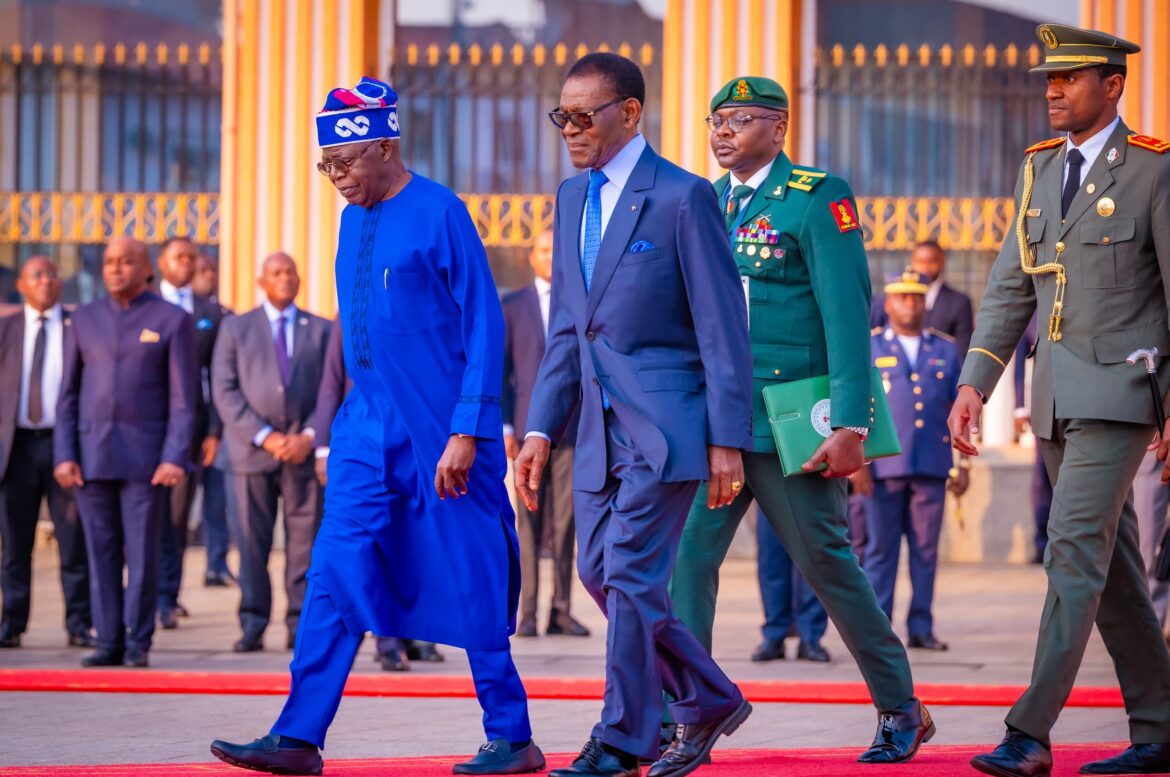On August 14, 2024, in Malabo, Nigeria’s President Bola Tinubu and Equatorial Guinea’s President Teodoro Mbasogo signed a significant agreement on the Gulf of Guinea Pipeline Project, enhancing their collaborative efforts for mutual development.
This agreement is a key element of South-South cooperation, aimed at leveraging the rich gas reserves in the Gulf of Guinea, estimated at approximately 300 trillion cubic feet (tcf).
Currently, six countries in the region—Nigeria, Côte d’Ivoire, Angola, Gabon, the Republic of the Congo, and Senegal—are involved in natural gas markets. Nigeria, Angola, and Equatorial Guinea are particularly focused on attracting new investments in this sector.
Initiated in 2022 as part of Nigeria’s ‘Decades of Gas’ initiative, the project seeks to address the challenge of utilizing Nigeria’s substantial offshore gas resources.
The partnership with Equatorial Guinea will facilitate access to global gas markets, benefiting from Equatorial Guinea’s advanced gas processing and liquefaction infrastructure in Punta Europa.
The agreement encompasses legislative and regulatory measures for the pipeline’s establishment, operation, and transit, as well as ownership and general principles.
During his three-day official visit to Equatorial Guinea, President Tinubu highlighted that the agreement would create new opportunities for gas exploration and employment.
He also discussed broader issues with President Mbasogo, including conflict resolution, food security, and the African Continental Free Trade Area (AfCFTA).
Both leaders underscored the importance of internal solutions for Africa’s challenges and reiterated their commitment to deepening bilateral cooperation.
President Mbasogo emphasized the long-standing beneficial relationship between Nigeria and Equatorial Guinea and stressed the need for continued collaboration to advance Africa’s development goals, including securing a permanent seat on the United Nations Security Council.
![]()




